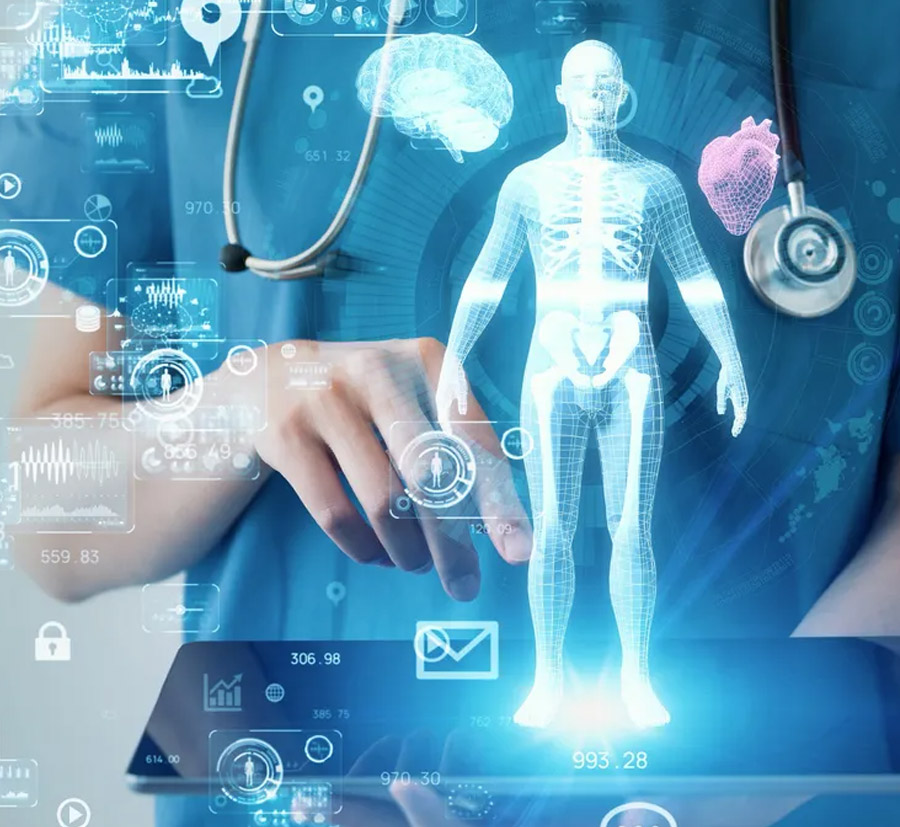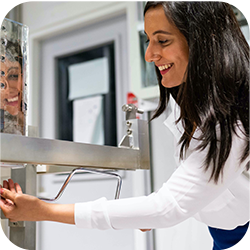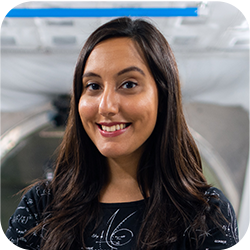Preamble
Artificial Intelligence, with a particular emphasis on Machine Learning, has significantly transformed the healthcare industry. AI has enabled machines to comprehend, learn, and make decisions that closely resemble human cognitive abilities. It has also facilitated the analysis of medical data through various methods to aid in diagnosing illnesses, tracking their progression, and identifying biomarkers. The availability of vast amounts of data and the computational power of GPUs have played a crucial role in integrating AI into healthcare. The Center for Health Innovation is dedicated to introducing groundbreaking technologies that will revolutionize healthcare through the application of Machine Learning. The primary objective is to enhance diagnostic accuracy, ultimately leading to improved patient outcomes.


Introduction
The Center for Health Innovation maintains a primary focus on developing AI-based software and hardware for affordable healthcare, supporting government policy-making, enhancing medical institutions’ ability to deliver superior healthcare, and improving patient outcomes by providing easier access to healthcare through affordable and portable systems. The center encompasses a wide range of research and product development areas, including medical imaging, signal processing, the creation of portable diagnostic and patient support equipment, medical record data analytics to uncover hidden trends and patterns, embedded systems and electronics, biomechanics, prosthetics, image-guided operations, telemedicine, portable devices, and automation in hospital management systems.
Our interdisciplinary team comprises computer scientists, engineers, mathematicians, physiologists, nutrition experts, designers, and technology specialists with a proven track record of translating concepts into products in our chosen domain. Their work is further guided by a distinguished panel of experts from local medical colleges, hospitals, government research laboratories engaged in healthcare, and decision-making stakeholders involved in shaping government policies in this field.
Our efforts center on creating products and services that enhance access to high-quality healthcare for all, particularly in rural and remote areas, improving medical practices, diagnostics, and interventions. This will be achieved through the use of disruptive technologies, which result in significantly improved and timely patient outcomes.
Objectives
- To find new avenues to prevent, diagnose and monitor health problems
- To develop affordable healthcare devices to manage and cure diseases
- To develop mobile applications for improving access to services for the most vulnerable and neglected patient groups leading to disease management.
- To develop cost effective technologies for rural and remote areas to enhance medical services.
- To strengthen the translational research through interdisciplinary teams and state-of-the-art research facilities
- To collaborate with local medical Hospitals/Universities and try to solve real time problems


Doctus propriae erroribus an eam, mel agam modus civibus et, vim solet dissentiet cu velit sanctus mei.
Principal Scientist, Translational Biology
Doctus propriae erroribus an eam, mel agam modus civibus et, vim solet dissentiet cu velit sanctus mei.
PRINCIPAL SCIENTIST, TRANSLATIONAL BIOLOGY



